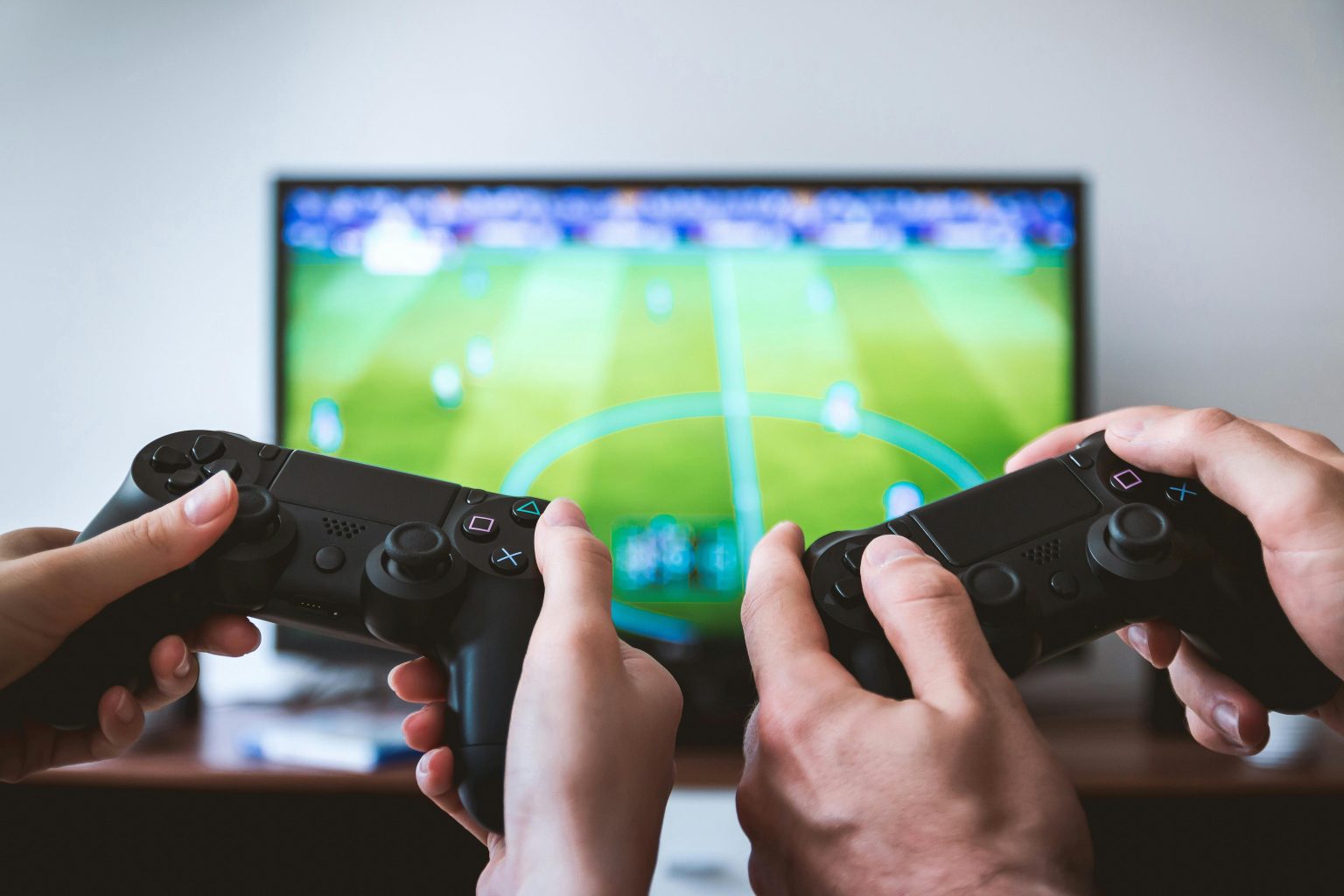Online judi slot has become a massive global industry, bringing together players from different backgrounds and cultures. While gaming provides an excellent source of entertainment, socialization, and even professional opportunities, it is often marred by a serious issue: toxicity. Toxic behaviour in online gaming includes harassment, hate speech, cheating, grieving, and cyberbullying. If left unchecked, toxicity can ruin the gaming experience, alienate players, and even lead to mental health issues. In this article, we will explore the causes of toxicity in online gaming, its impact, and how we can foster a more positive gaming community.
Understanding Toxicity in Online Gaming
Toxicity in online gaming can take various forms. Some common toxic behaviors include:
- Verbal Abuse: Using offensive language, threats, or personal insults against other players.
- Cheating and Exploiting: Using hacks, cheats, or exploits to gain an unfair advantage over others.
- Griefing: Intentionally disrupting the game experience for others by trolling, team-killing, or sabotaging gameplay.
- Discrimination and Hate Speech: Racist, sexist, or homophobic comments that create a hostile environment.
- Cyberbullying: Persistent harassment of a player through messages, in-game actions, or social media.
Causes of Toxic Behavior in Online Gaming
There are several reasons why toxic behavior thrives in online gaming environments:
- Anonymity: Many players feel emboldened to act aggressively when they believe there are no real-world consequences for their actions.
- Competitive Nature: Intense competition can lead to frustration and lashing out at teammates or opponents.
- Lack of Moderation: In some games, inadequate reporting systems or slow moderation enable toxicity to persist.
- Cultural and Peer Influence: Some players mimic toxic behavior they see from others, reinforcing negative gaming norms.
- Stress and Frustration: Losing streaks, bad teammates, or technical issues can make players more prone to toxic outbursts.
- Reward Systems: Some games reward aggressive or dominant behavior, indirectly promoting toxicity.
The Impact of Toxicity in Online Gaming
Toxic behavior can have significant negative effects, not just on individuals but on the gaming community as a whole:
- Mental Health Effects: Continuous exposure to toxicity can lead to anxiety, stress, and even depression.
- Declining Player Base: Many players quit toxic gaming environments, leading to shrinking communities and loss of revenue for developers.
- Hindered Growth of Esports: Professional gaming can suffer if toxicity remains unchecked, discouraging new players and sponsors.
- Poor Reputation for Games: Games known for toxic communities may struggle to attract new players and maintain a positive brand image.
How to Foster a Positive Gaming Community
While toxicity in online gaming is a serious issue, it is not insurmountable. Here are some key strategies to promote a more positive gaming culture:
1. Encouraging Positive Behavior
Game developers and communities should reward positive behavior, such as teamwork, sportsmanship, and helping new players. Implementing systems that highlight good players, such as MVP awards, commendations, and reward points for positive conduct, can encourage better interactions.
2. Effective Moderation and Reporting Systems
Developers must implement strong moderation and reporting systems that allow players to report toxic behavior. Reports should be reviewed quickly, and appropriate actions—such as warnings, temporary bans, or permanent bans—should be enforced consistently.
3. Educational Initiatives
Educating players about the impact of toxic behavior can help change attitudes. Tutorials, in-game reminders, and community discussions can help players understand why maintaining a respectful environment is important.
4. Promoting Inclusive Gaming Spaces
Developers and gaming communities should work towards creating inclusive gaming spaces where players of all backgrounds feel welcome. Enforcing rules against discrimination and promoting diversity in game content and events can significantly reduce toxicity.
5. Parental Controls and Youth Education
Since many online gamers are young, parents should take an active role in monitoring their gaming habits. Teaching children about online etiquette, responsible gaming, and how to handle toxicity can create a healthier gaming culture in the long run.
6. Encouraging Content Creators to Set a Positive Example
Streamers, YouTubers, and influencers have a significant impact on gaming culture. By promoting positive behavior, refusing to engage in toxicity, and calling out bad behavior, content creators can help shape a more respectful gaming environment.
7. Community-Led Initiatives
Players themselves can take the lead in fostering a positive community by forming supportive groups, mentoring new players, and calling out toxic behavior when they see it. Many gaming communities have volunteer moderators and groups dedicated to improving the player experience.
8. Stronger Penalties for Repeat Offenders
A more stringent approach to handling repeat offenders can deter toxicity. Permanent bans, IP bans, and ranked play restrictions for toxic players can help maintain a healthier gaming environment.
9. Mental Health Support for Players
Since gaming can sometimes be a source of stress, incorporating mental health awareness and support systems within gaming platforms can help players manage their emotions better and reduce toxic outbursts.
Conclusion
Toxicity in online gaming is a complex issue, but it is not an inevitable part of the experience. By implementing effective moderation, rewarding positive behaviour, educating players, and fostering inclusivity, we can create a better gaming environment for everyone. Developers, communities, and players all have a role to play in making online gaming a space where people can enjoy themselves without fear of harassment or negativity. The future of gaming depends on how well we work together to build a more respectful and positive community.



